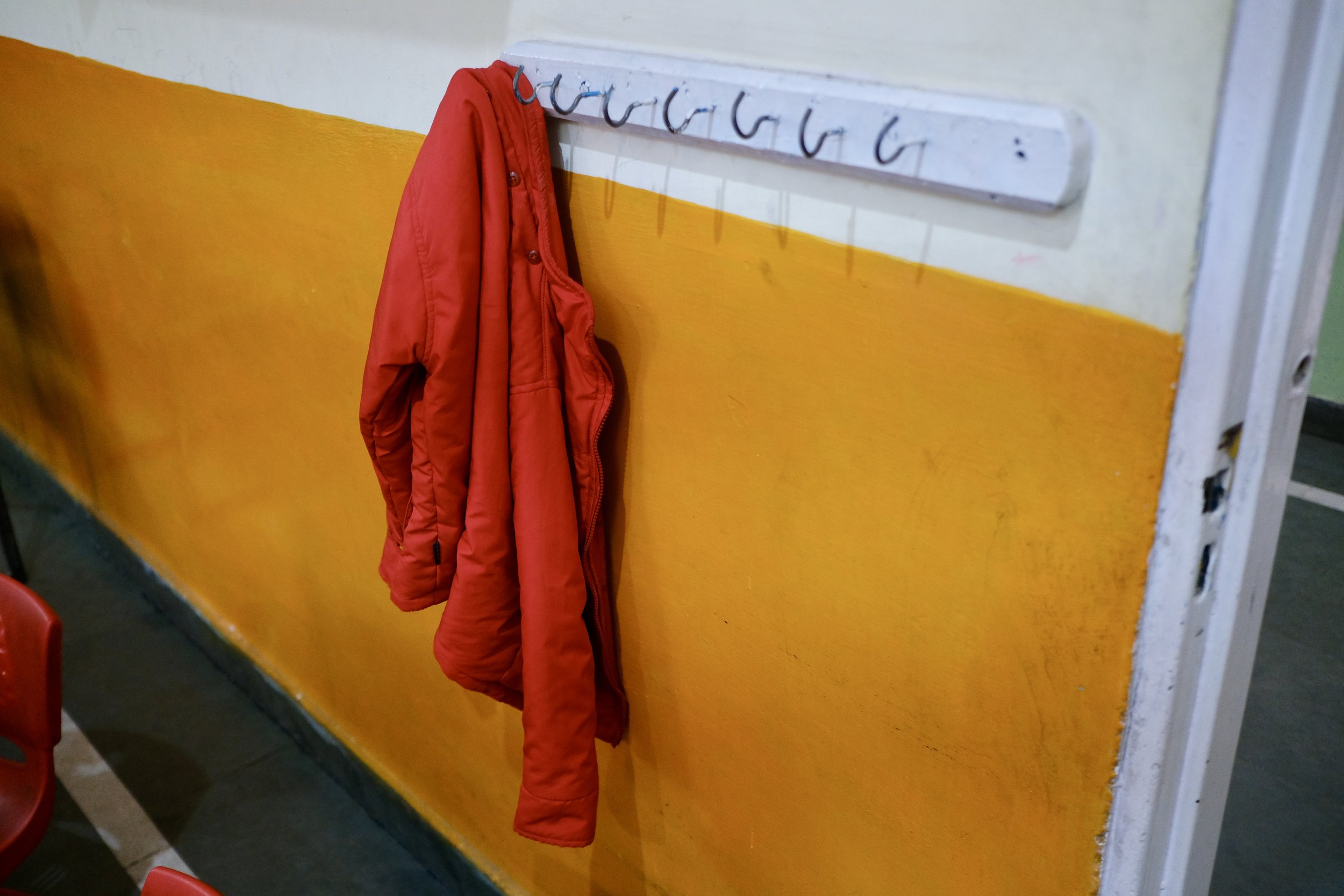
Class Troubles: Tackling Social Inequality in Indian Schools
Can affirmative active education policy mitigate inequality in India’s highly privatised education system? This project explores a provision in India’s Right to Education Act that requires private schools to educate underprivileged children in return for a modest state reimbursement.
Funded by a Discovery Early Career Researcher Award from the Australian Research Council
-
Access versus integration
Published in Discourse (2021), this paper highlights how desegregation policies can fail not just as a result of direct opposition but also through discourses of benevolence.
-
A rightful share?
Published in Progress in Development Studies (2022), this paper shows that media coverage of India’s Right to Education Act does not frame underprivileged children’s access to private schools as ‘rightful’.
-
Podcast
In this podcast, Joyeeta Dey and I discuss the ways privileged actors prioritise providing underprivileged children with access to quality education over desegregating classrooms.
-
Work in progress
How does the complex network of actors involved in implementing this provision (bureaucrats, NGOs, private schools, activists) affect the ability of working-class families to access state resources?
How does discrimination avoidance shape the school choices of underprivileged parents?
Contact me for drafts of these papers.
The team at aaina (@aaina_edu) turned the journal article ‘Is India’s Right to Education Act a Rightful Share?’ into an Instagram story.
Illustrations by Teesta Nayak





